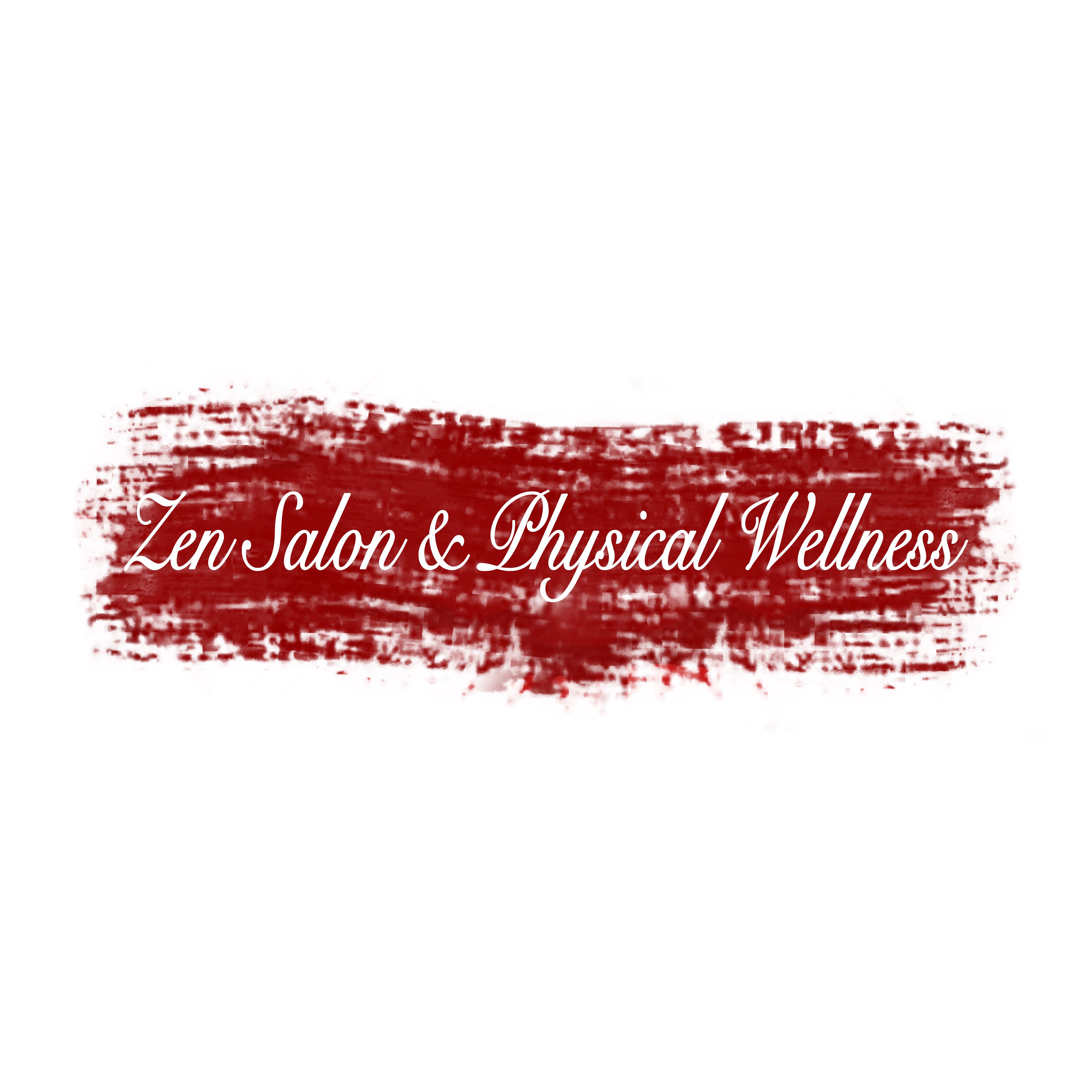
We've all experienced those mornings when we wake up after a night of insufficient sleep, and it feels like a monumental task to simply get through the day. For some, these days are sporadic. They grab a cup of coffee, pull themselves together and promise to hit the hay earlier the next night. (Or, plan to sleep early but get lured into a late-night movie marathon.)
But for many, restless nights are a frequent occurrence. We're not necessarily talking about sleep disorders like insomnia or sleep apnea—a medical professional should evaluate those. We're referring to those who could improve their sleep quality by tweaking their sleep habits.
Why? Because like regular exercise, adequate hydration and proper nutrition, getting better sleep is one of the most important things we can do for our physical—and mental—health.
The benefits of sleep.
Sleep serves a number of essential functions for the human body. Whether we get enough or too little can have far reaching impacts on everything from our heart health to how well we ward off sickness and infection to how safely we drive.
Here are just a few of the impacts of sleep, according to the National Institute of Health:
- During sleep, the body works to support healthy brain function and physical health.
- While sleeping, your brain forms pathways to learn and remember information.
- Sleep is important for heart health, digestion, hormone balance, insulin response and the immune system.
- Inadequate sleep can impact decision-making, problem-solving, creativity, attentiveness, reaction time, emotional control and behavior.
Getting more (and better) rest.
So, how can we improve our sleep quality? By focusing on sleep hygiene, the factors we can control, like our bedtime routine and our caffeine intake, impact the quality and quantity of our sleep.
That said, here are 10 tips for getting a better night's sleep. Start implementing them into your nighttime routine today if you want to feel more rested (and less crabby) tomorrow.
-
Have a consistent sleep schedule: Aim for at least seven hours of sleep each night and try to go to bed and wake up at the same time every day. This includes weekends! Your body loves routine.
-
Nap wisely: If you need a nap, keep it under an hour and avoid dozing in the late afternoon. Doing so can easily interfere with your nighttime sleep.
-
Light control: Get plenty of sunlight during the day, but keep your bedroom dark when it's time to sleep. This helps maintain your body's natural sleep-wake cycle.
-
Create a sleep-friendly environment: Your bedroom should be a haven for sleep: quiet, dark and comfortable. A good mattress and pillows can make a big difference, too. Create your sleep sanctuary and catch some Zs.
-
Stay active: Regular physical activity can help you fall asleep faster and enjoy deeper sleep. Avoid exercising too close to bedtime when the adrenaline can keep you awake. Find a time that works for your body and schedule.
-
Watch what (and when) you eat: Avoid heavy meals and large amounts of liquids late in the evening. These can disrupt your sleep with heartburn, indigestion and trips to the bathroom.
-
Limit screen time before bed: The light from screens can interfere with your sleep. Try to switch off at least an hour before bedtime. You might even avoid all blue light as snooze time approaches. (They actually make glass that help with this).
-
Manage your stress: High-stress levels can interfere with good sleep. It may be easier said than done, but try to leave the stress of the day behind when your head hits the pillow. Finding effective ways to reduce daily stress could be just what you need for more restful snooze sessions.
-
Avoid stimulants: Limiting caffeine past noon is a no-brainer. But did you know alcohol interferes with your sleep? That nightcap may help you relax at first, but it actually wreaks havoc on our ability to get deep, restful sleep. Try switching to herbal tea instead.
- Consider a sleep evaluation: If you're consistently having trouble falling or staying asleep, it may be worth discussing with a medical professional who can diagnose any issues.
Remember, good sleep isn't just about feeling refreshed in the morning. It's about giving your body and mind the rest they need to function at their best. Prioritize your sleep, and you'll see the benefits in all areas of your life.
Ready to hit the pillow and head to dreamland? Pay attention to your sleep hygiene and start making small adjustments. Before long, you’ll start experiencing more and better sleep quality, so you can live your best.






















































































